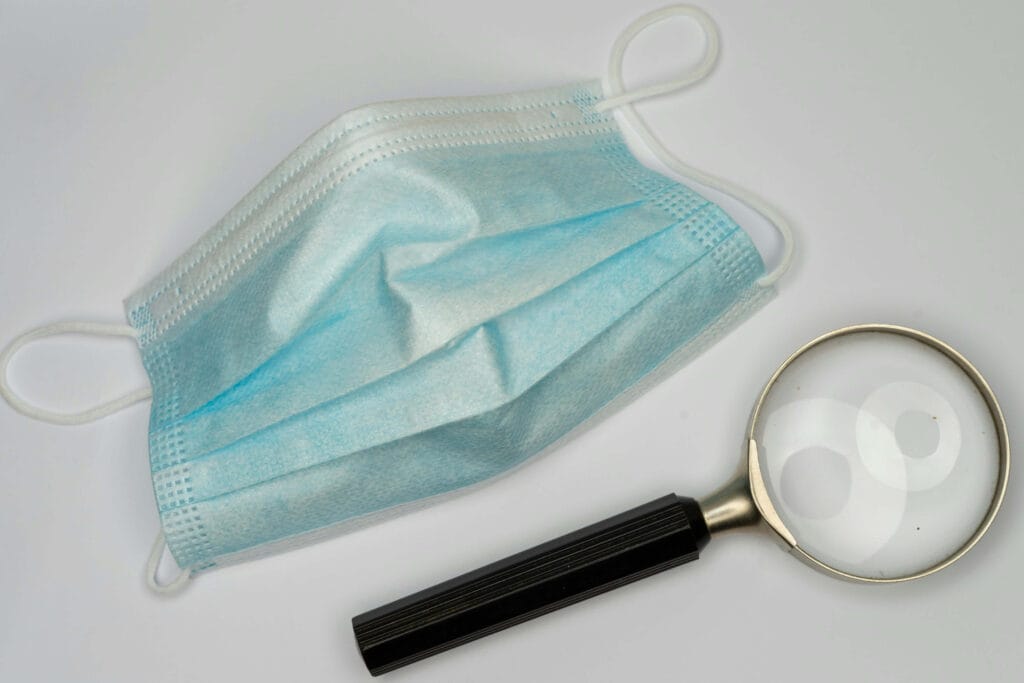
Mythbusting in Podiatry
There are all sorts of old wives tales out there when it comes to curing feet, not to mention all those products out there that promise miracles in sorting your foot problems. Here, we’ll bust a few of them and advise what the best way to treat certain problems.
Using vinegar to treat Athlete’s foot or fungal nails
The thinking behind this one was that the acidic PH of the vinegar will kill off fungus. However, vinegar is not fungicidal, and all the change in PH will do is make the environment less attractive for the fungus to survive (not to mention making your feet smell of vinegar!) Also, soaking the feet in vinegar doesn’t deal with the fungal spores in clothes and footwear which re-infect the skin. The same goes for using Vicks VapoRub on fungal nails. This is NOT licensed for that use, and will not cure nail fungus!
The best way to treat fungal infections in the skin is with a medicated topical antifungal, ideally from a Pharmacy or direct from your Podiatrist who can recommend the best treatments available.
Cutting a ‘V’ into ingrown toenails to stop them ingrowing.
The myth says, that if your nail is ingrowing, cut a V shape into the centre of the nail and it will pull the sides in and stop the nail ingrowing. Put simply, this does not work! Cutting a V shape into the nail will not alter its shape, or the direction in which it grows. The shape of your nail is determined way behind the cuticle in the nail matrix, where new nail cells form.
Ingrown nails are best treated by a Podiatrist, either conservatively by removing any pieces of nail that are irritating, or by nail surgery, which is removing a section of nail permanently (under local anaesthetic). Antibiotics also won’t cure an ingrown toenail. They may help to alleviate any infection caused by the nail piercing the skin, but they won’t stop the problem. Only removing the offending piece of nail will do this.
Using Duct tape on verrucae.
The idea here was that using duct tape would “cut off the oxygen” to the verruca. Well, as verrucae are skin lesions caused by a viral infection, they don’t have lungs and don’t need oxygen to survive!
There are several proven ways to successfully treat verruca – time (they do go away on their own, eventually!), over the counter remedies like Bazooka (stick to the strongest strength you can find), and Podiatrist treatments such as Swift microwave therapy, or needling.
Corns have “roots”
This old wives tale says that corns have roots, and they won’t go away unless you take the root out.
Corns do not have roots! Corns are small patches of very hard skin that form as a reaction to friction and pressure. They best way to treat a corn is to see a Podiatrist who can firstly identify the cause of the corn, and then gently remove the hard skin and central nucleus of callus. A Podiatrist will then advise on the best way to relieve pressure on the area to prevent the corn coming back.
Gadgets advertised in magazines will cure bunions
There are so many devices advertised either in magazines or on social media these days that promise to be a miracle cure for bunions, and that if you wear them for just a few hours, your toes will magically straighten.
Unfortunately, a bunion is a bony deformity in the foot, caused mostly by faulty biomechanics within the foot, but also made worse by some types of footwear. If a bunion has formed, then other than managing footwear to accommodate the wider forefoot, surgery is really the only option to resolve this problem. No gadget that you buy online will resolve a bony deformity, sadly!
I often say to patients when they ask me about some of these things, if these “treatments” or gadgets that promise to resolve foot issues miraculously actually worked, then GPs and Podiatrists would be prescribing them!
We have plenty of blogs about treating problems such as Athlete’s foot and Verrucae – take a look through them here.
There is also a lot of great info on the Royal College of Podiatry website.
Anna Conway
BSc (Hons), MCPod, SRCh, PGcert Podiatry
Owner, Lead Podiatrist

